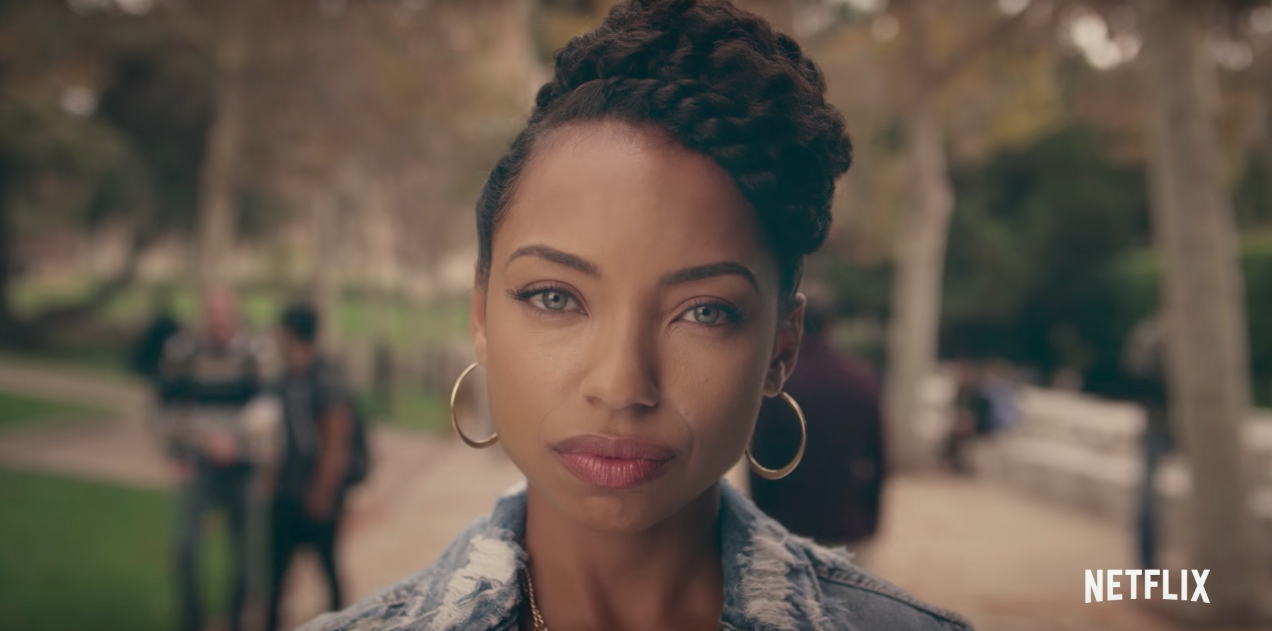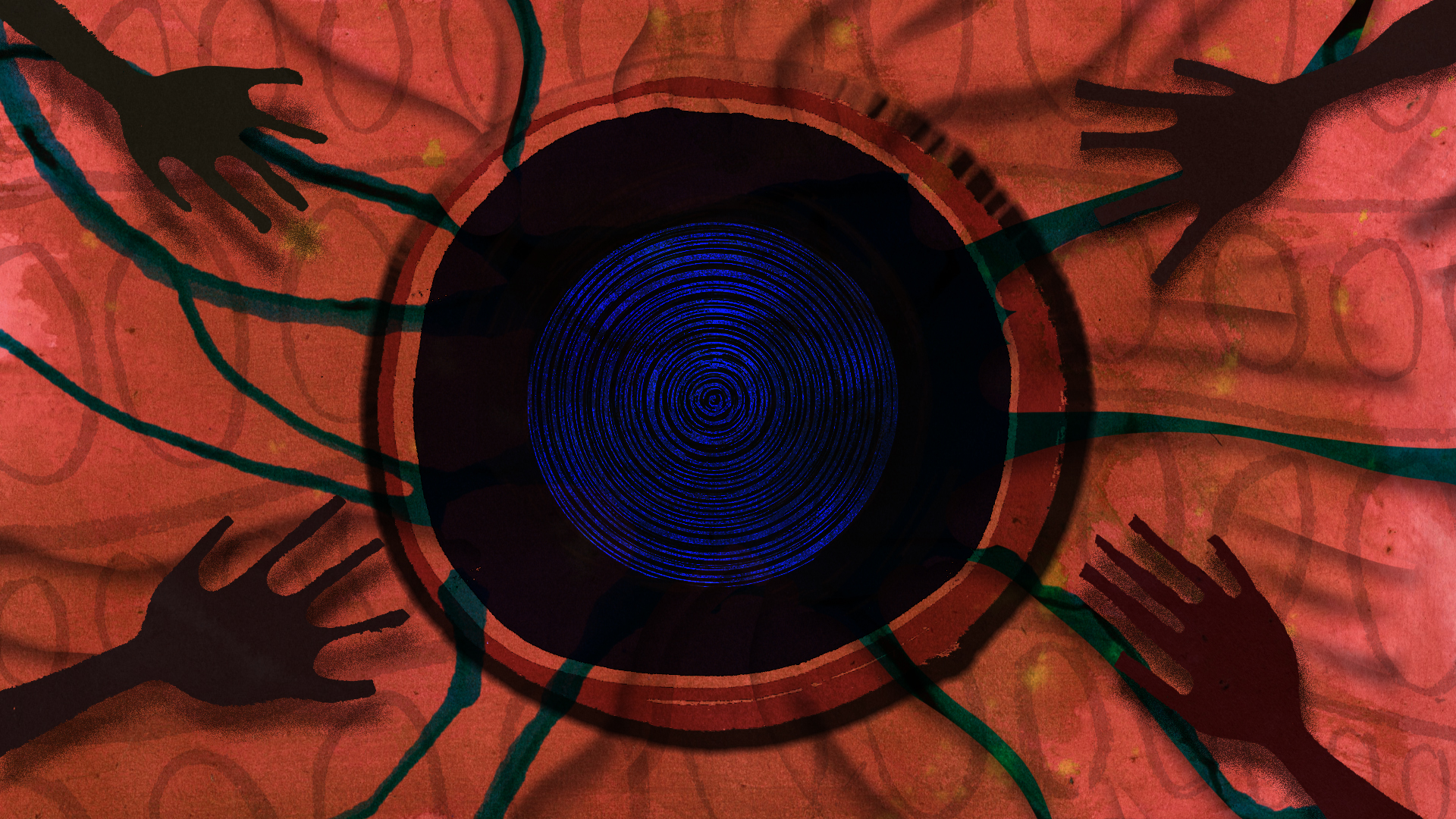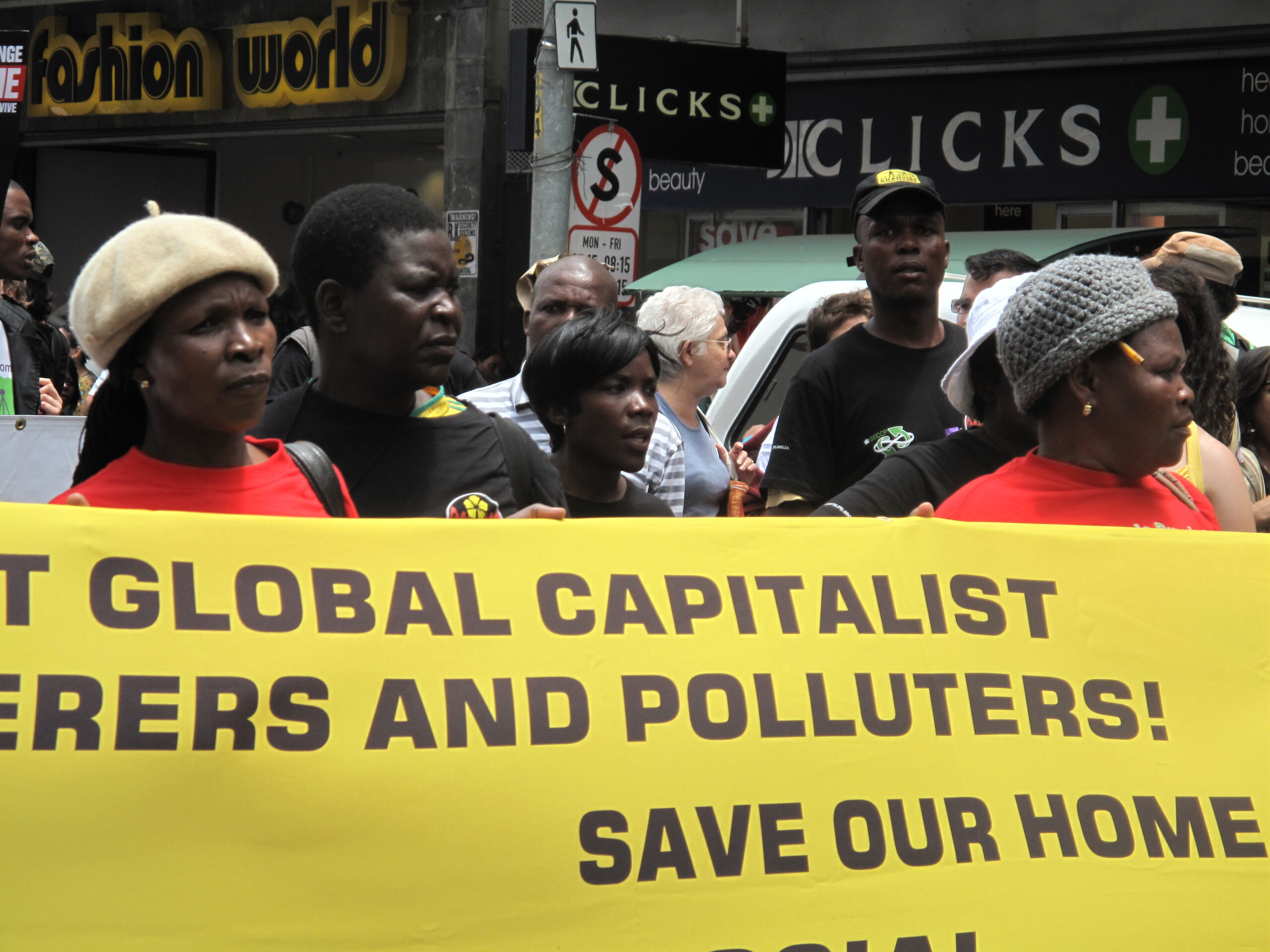
It’s been a busy time in television. What with the Emmy nominations, the final series of Game Of Thrones starting, and the announcement that the new Doctor in Doctor Who will be played by a woman, it can seem hard to keep up. Every day this week, we’ll be catching you up on what you may have missed in television so far this year. This is gal-dem’s television re-cap.
Occasionally cringe-inducing dialogue aside (“look, bro, just because you got a black chick on your arm doesn’t mean you get to Miley Cyrus our pain”), the new Netflix adaptation of Dear White People has been largely praised for its satirical take on campus politics and nuanced representation of blackness. But then enter the character of one Rashid Bakr, a Kenyan international student. Lord have mercy.
Rashid, played by the American actor Jeremy Tardy, is a walking stereotype with no discernible personality beyond being African. Of course, the show has no clue what being African entails beyond a collection of tired stereotypes — Tardy’s accent is more straight-outta-Zamunda than anything resembling English spoken in Kenya. Rashid spends most of his screen time trailing behind his friends in perpetual bemusement. He doesn’t get American popular culture (“does every American show revolve around fellatio-related cliffhangers?”) and provides an “outsiders” perspective on his friends conversations. In one scene he asks why they’re always complaining about issues of race on campus. Rashid is ostensibly accepted within his group of friends, but his African-ness is used as a way to patronise him and crudely mark him as other from “normal” black (read African-American) culture. When he says his favourite movie growing up was Pinocchio, one character asks him if he pronounces it with tongue clicks and proceeds to mock him by making clicking noises. Yep, people are still using tongue clicks as an insult in 2017.
As a show that sets out to centre blackness, and that has a black director and executive producer, Dear White People’s blind spot on its own failures of representation is all the more glaring. In a piece for the Ringer, Hannah Giorgis accurately summed up the writing of Rashid’s character as an example of “uncreative material that doesn’t critique itself well enough to function as satire”. It says a lot that stereotypes about Africans are so ingrained in the landscape of Western pop-culture that they’re reproduced with a complete lack of self awareness by the very people that we hope would know better. Africa, as it exists in the Western imagination, hasn’t evolved much from stereotypes created in its colonial past. Live Aid, constant news stories about war-torn corrupt nations and every Becky, James and Tom that’s ever descended on an unarmed village to live out gap-yah white saviour fantasies and snap pics for Tinder reinforce the idea of Africa as homogenous, backwards and inferior to the West. It’s a continent of over 1.2 billion people dispersed across 54 countries, not including the millions of us who live abroad, with a myriad of different cultures, languages, and religions. We can tell when you’re not being specific.
Speaking to Vice the writer Huda Hassan noted that “Rashid’s character reveals to us a very US-centric understanding of blackness that erases blackness in other geographical locations”. Blackness is not a monolith; we might share similar skin tones, but black people from Africa, to the Caribbean, from the UK to the States have hugely differing experiences that form our identities.
One of my favourite TV moments from last year is a conversation in Atlanta between Earn, Donald Glover’s character and his friend Darius, played by the rapper Keith Stanfield. “Most black people don’t know who Steve McQueen is”, Earn says, bemused to find out that Darius is a fan. Without missing a beat Darius snaps back, “yeah, but I’m Nigerian”. Specifically, he’s first generation Nigerian-American. Growing up in Lagos, I was always Nigerian before I was black. I located myself in our accent, our culture, our humour, our food and in loud conversations in Yoruba, but blackness — as I understood it then — existed on Fresh Prince and in hip-hop. But as the dominant form of blackness exported in the mainstream media I’d gained a basic fluency in African-American culture without realising it. As a character in Dear White People, Reggie boasts when he bosses a Trivia quiz in a party full of white people, “I know y’all shit, and my shit”.
Broadly speaking, it’s a similar dynamic between contemporary African and African American-culture, with the same frustrating lack of reciprocity. In Lagos we’ll milly-rock in clubs and drink Hennessy as well as dancing to Afro-beat and live-tweet Scandal with the rest of the world. This isn’t to say that African-American culture is reducible to or can be understood solely through its manifestations in hip-hop or the media (stereotypes work both ways) but black-Americans are afforded a complexity of representation that isn’t extended to Africans on film.
Coming to America, a 1988 comedy starring Eddie Murphy as a spoilt African prince who moves to New York, is probably the most egregious example of this. African women are presented as hyper-sexualised, docile air-heads who exist solely to be ogled at and serve men’s whims — it’s Joseph Conrad’s wet dream. Even when a show gets it partially right, attempts at authenticity are half-hearted. In episode two of American Gods, the first scene opens in the hold of a slave ship headed for America. One of the captives begins to pray for rescue in surprisingly decent Igbo, but alas he’s praying to Anansi, a figure from Ghanaian folklore. When challenged on Twitter, the show’s executive producer, Bryan Fuller, tried to explain that they’d done research which showed that Anansi stories circulated throughout Africa and beyond. True, but it took Christiana Mbakwe to swiftly clap back with the point that superficial research is different from the lived experience of a people. She tweeted , “Anansi is not viewed as a deity in Igbo land […] an Igbo man would invoke Chukwu or his personal God”.
This mode of thinking about Africa and its people without specificity leaves no room for the West to grapple with our reality. The stakes of representation are very real for us too. Perhaps the most offensive thing about Rashid’s character was his lack of understanding about his friends’ grievances about racism. Amadou Diallo, Jonathan Deng, Charley Keunang, and Deng Manyoun are black African immigrants to the US who were killed as a result of police brutality, and although their names might not have been turned into hashtags, we still get the importance of US centered movements like Black Lives Matter, as well as serious issues in our respective countries. It’s important to acknowledge differences in the experiences of African-Americans and other black groups, but they don’t have a monopoly on black pain.
Despite what shows like Dear White People would have you think, the strict binaries between us/them, African/African-American etc. aren’t representative of the realities of navigating blackness. It erases those who live at the intersections of those identities, and does a disservice to the fluidity of our cultural exchanges, facilitated by our increasing interconnectedness online and on social media. If you are going to continue representing Africans, keep in mind that we’re watching too, and we’re tired of your shit. Do better.









